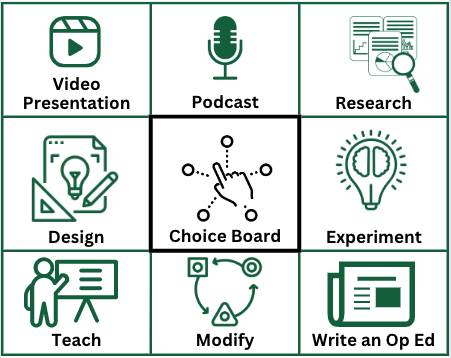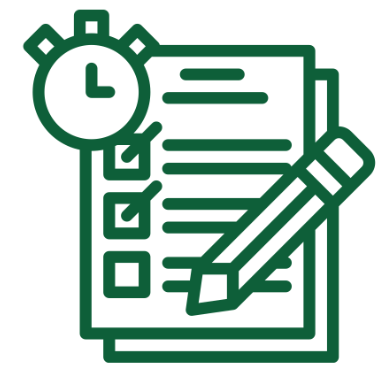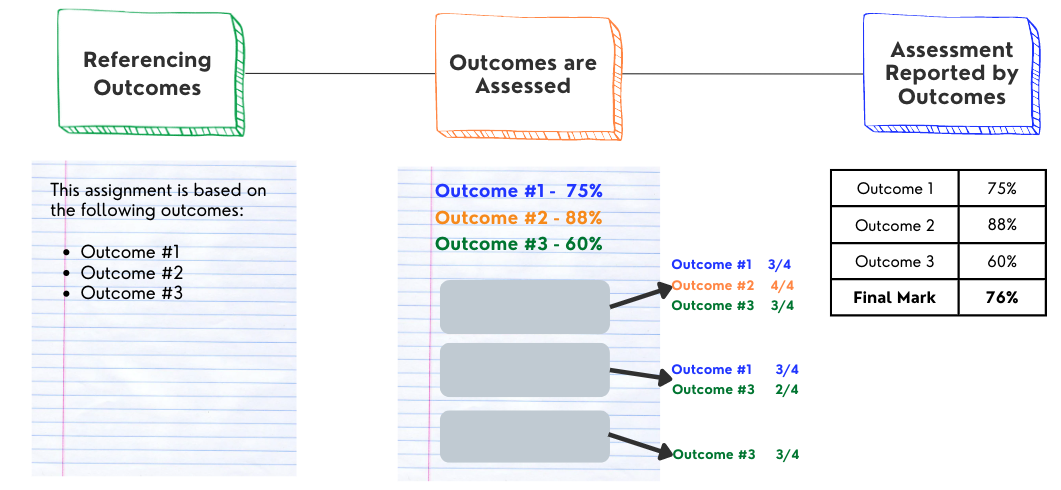Aligning Your Discussion Questions With Purpose and Desired Outcomes
Many instructors indicate that they struggle with how to come up with good questions of students, whether during a synchronous session (in-person or on Zoom) or in the discussion forums in Canvas. The purpose of this post is to help you consider three key factors when trying to decide what questions to ask in these situations:
- What is the purpose of the discussion?
- Which course outcomes do you want the discussion to align with?
- What evidence will you accept that students are meeting or making progress on those outcomes?
The Purpose
When planning for a discussion, you want to be clear about why you’re having the discussion. Is it to delve deeper into a topic you’ve been covering or introduce a new topic? Is it to get students to demonstrate they understand a concept or to elicit their opinions? Do you want students to share new ideas or share summaries of something they’ve already read or worked on?
To determine what questions to ask, you need to know your purpose, your why for having this discussion. If you want students to engage to the fullest, you want to share that purpose with them so they know why they’re taking part in this discussion.
Alignment With Outcomes
The course outcomes are what you want/need students to be able to demonstrate (skill or knowledge) by the end of the course. Everything else that happens in the course should align with these outcomes, including all of the assessments and your teaching strategies. This is called “constructive alignment”, and it enables you to ensure that what students learn and what you assess are what you intended when the course began.
When activities and assessments align with the outcomes, it’s easier for you and the students to understand the purpose of those activities and assessments. When planning your discussion, make sure that the questions you’re considering align with the outcomes you set out for the course.
Evidence
You know the purpose of the discussion. You know which outcomes you want to align with. What type of question will provide you with the evidence you’re looking for? If you want to know students can apply the knowledge they’ve been learning you may ask for examples related to current events or the students’ own lives. If you want to know if they can identify parts of a sentence or the human body, you may just ask them to select the correct answer using the student response system or even raise fingers to correspond with that answer.
In summary, when considering the questions you want to ask students, ask yourself:
- What’s the purpose of this discussion?
- What course outcomes do I want to see evidence of students achieving or making progress on?
- What will I accept as evidence of this?


